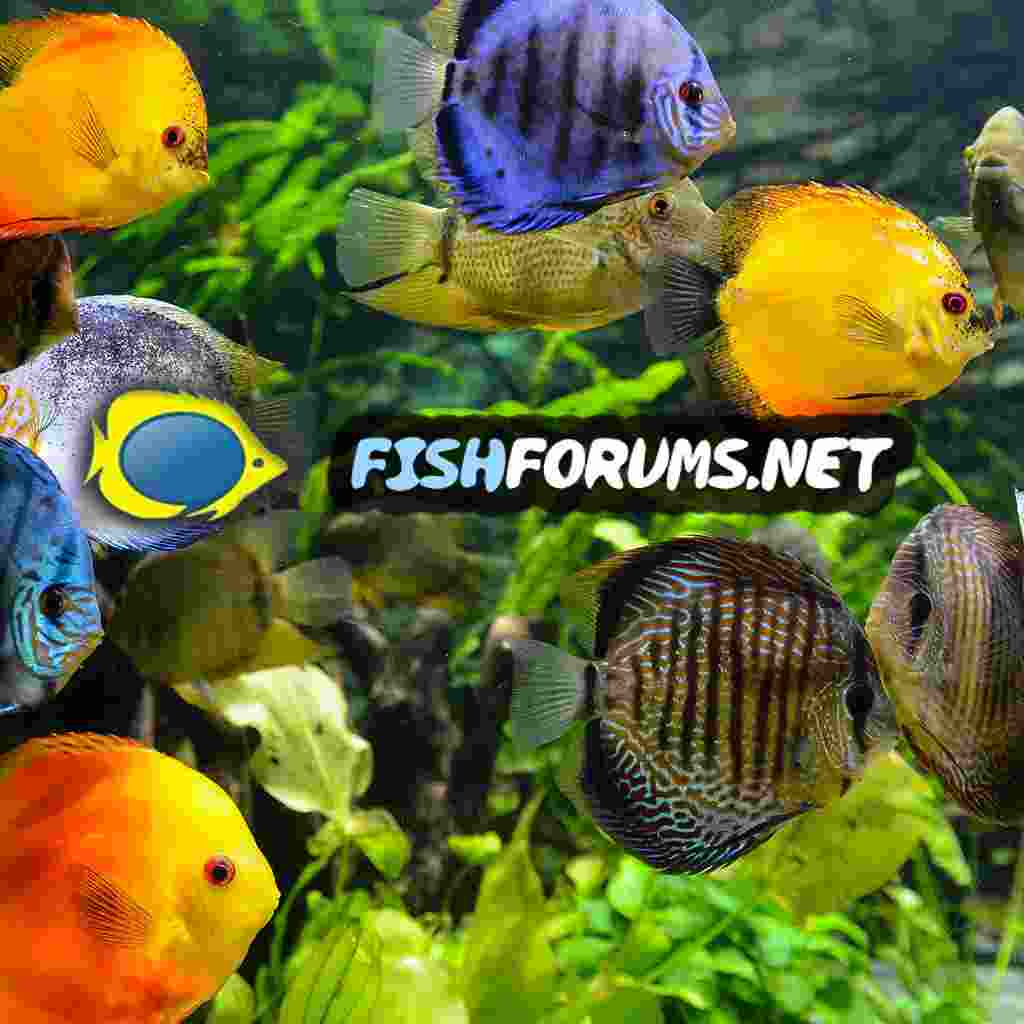If people come in asking for help with sick fish, get photos & video or look at their fish, test their tank water for ammonia, nitrite, nitrate and pH. If your not sure what the problem is, get them to do water changes and gravel clean the substrate and clean the filter. Then try to identify the problem before adding chemicals.
Don't just sell them some medication if you aren't sure what is going on.
The following 3 links have information on fish health. You can work off the info in them if you like.
If your fish ever looks sick or unwell, then the following steps might help. Test the Water and Clean the Tank. Test the water quality for ammonia, nitrite, nitrate and pH and write the results down in numbers. Check it for general hardness (GH) and carbonate hardness (KH) too if you can, but...

www.fishforums.net
Fish do a stringy white poop for several reasons. 1) Internal Bacterial Infections causes the fish to stop eating, swell up like a balloon, breath heavily at the surface or near a filter outlet, do stringy white poop, and die within 24-48 hours of showing these symptoms. This cannot normally be...

www.fishforums.net
This thread is going to be harsh and a lot of people are not going to like what I have to say. But it needs to be said because anyone who uses anti-biotics when they don't know what they are treating, is contributing to the death and extinction of all animals on this planet, and that includes...

www.fishforums.net
If in doubt, water change it out and maybe add salt. Your boss might not like it but most customers prefer not to use chemicals even if the boss is trying to sell them some. Customers will also come back and bring their friends and family into the shop to buy stuff if you are honest and don't sell them stuff they don't need. I used to have a legion of people (customers) that followed me from shop to shop whenever I changed companies. This was simply because I didn't sell them stuff they didn't need and was honest with them. Tell them how to look after their fish and encourage them to keep the tank clean. Avoid selling them sick fish.


